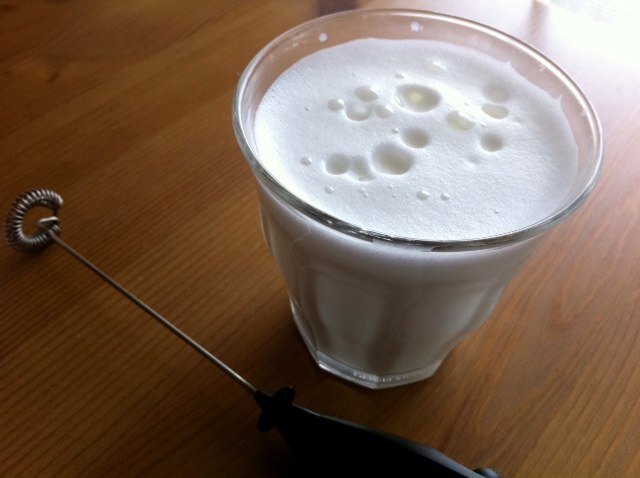In my high school chemistry class, I learned that cows can digest and absorb nutrients from grass that humans cannot. There are chemical bonds in grass that humans don’t have the enzymes to break down, and this got me thinking: If cows can break down bonds that we can’t, then could those bonds potentially be found in their milk? Why do we drink milk made for another species? Should we be drinking any kind of milk at all? It is commonly said that humans are the only species that drink milk from other animals. Now, I don’t mean to say I don’t love dairy products, but I am skeptical about the health benefits the dairy industry claims to have, and I believe there are different ways to get these benefits.
It is no coincidence that 60 percent of the world is lactose intolerant, as most adults cannot digest the main sugar found in dairy: lactose. Lactose is a simple carbohydrate that is broken down into glucose by an enzyme called lactase. Those that are lactose intolerant stopped producing the lactase enzyme at some point in their life, making them unable to digest milk’s main carbohydrate. Some research has suggested that the ability to digest milk is actually a genetic mutation, making it an abnormal trait. Studies have shown that the ability to digest milk is only found in those who come from a genetic background that was once reliant on milk for survival. So if your ancestors were able to attain the nutrients needed from a source other than milk, it is more likely that the mutation would not have occurred.
It is no shocker to milk lovers that milk is full of protein, carbohydrates, fats and calcium, which makes it a great post-workout drink. However, there are other ways you can get the benefits of those nutrients without having to process dairy, as some individuals who are lactose intolerant know. Proteins, fats and carbohydrates are abundant in our daily lives. Research has shown that while there is a strong correlation between protein consumption and the process of rebuilding muscles post-workout, there also is a dose-response up to about 20 grams of protein, after which the effects of muscle rebuilding plateau. This means that eating protein up to 20 grams in one sitting will rebuild your muscles according to how much protein you take in, but eating more—say, 30 grams—will still rebuild your muscles by the same amount as taking in 20 grams. An eight-ounce glass of milk contains about eight grams of protein, and when combined with a full meal would most likely put you over the 20-gram goal. Half of the calories from a glass of whole milk is from fat, which, while necessary for your diet, if not consumed in moderation, can lead to increased risk for cardiovascular diseases, diabetes and weight gain (not muscle weight).
Carbohydrates, the preferred energy source for the body, compose 25 percent of calories from whole milk. Carbohydrates are found in breads, fruits and vegetables, which are common in most diets. The only benefit of milk you might have trouble finding in other parts of your daily consumption is calcium. A 16 oz. glass of milk contains 50 percent of your day’s recommended calcium intake. However, it really only has the one vitamin. Other calcium rich foods that contain a plethora of calcium and other vitamins include almonds, broccoli, tofu, oranges, salmon, shrimp and kale; just start checking your nutrition labels, and you might find you’re getting all the benefits you need without having to consume milk.
So, why are we consuming something that many of us are not able to naturally process when we have so many other alternatives to receive the same benefits? The answer is mostly marketing. Young children are encouraged to drink milk for the benefits of weight gain and bone health, which is valid for youth, but in adulthood, is it really necessary? The dairy industry’s “Got Milk?” campaign has made drinking milk seem like a fun, healthy activity because so many strong athletes were featured flexing their muscles with a milk mustache. But is it really helping you, or is it adding too much fat in relation to nutritional value to your diet? I don’t mean to discourage anyone from consuming dairy—I do myself, in moderation—but it is important to scrutinize foods that are so widely marketed as being a so-called “super food.”
Sophia Perkins can be reached at [email protected].



















R • Apr 16, 2018 at 10:04 pm
yeah there is really no good reason to consume dairy products, especially when you add in the environmental impact – one gallon of milk takes almost 700 gallons of water to produce, for example – and the industrialized cruelty; vegetarians may also want to note that veal is literally a byproduct of the dairy industry.